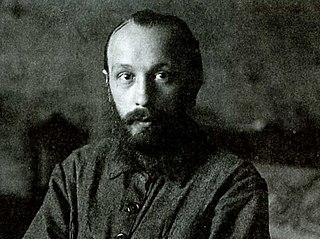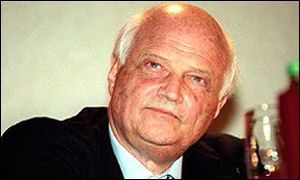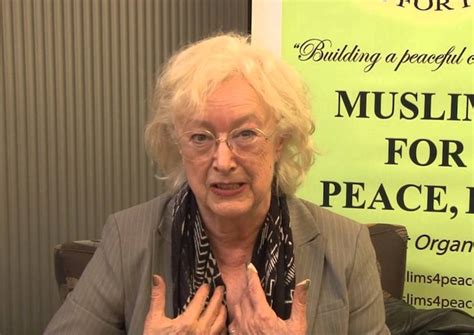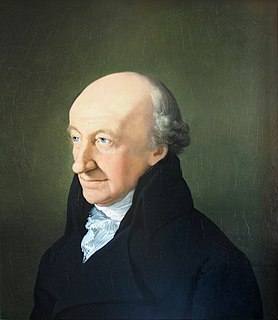A Quote by Mark Strand
And Robert Lowell, of course - in his poems, we're not located in his actual life. We're located more in the externals, in the journalistic facts of his life.
Quote Topics
Related Quotes
The more closely the author thinks of why he wrote, the more he comes to regard his imagination as a kind of self-generating cement which glued his facts together, and his emotions as a kind of dark and obscure designer of those facts. Reluctantly, he comes to the conclusion that to account for his book is to account for his life.
In this society, the norm of masculinity is phallic aggression. Male sexuality is, by definition, intensely and rigidly phallic. A man's identity is located in his conception of himself as the possessor of a phallus; a man's worth is located in his pride in phallic identity. The main characteristic of phallic identity is that worth is entirely contingent on the possession of a phallus. Since men have no other criteria for worth, no other notion of identity, those who do not have phalluses are not recognized as fully human.
Robert Frost says in a piece of homely doggerel that he has hoped wisdom could be not only Attic but Laconic, Boeotian even - "at least not systematic"; but how systematically Frostian the worst of his later poems are! His good poems are the best refutation of, the most damning comment on, his bad: his Complete Poems have the air of being able to educate any faithful reader into tearing out a third of the pages, reading a third, and practically wearing out the rest.
He is only happy when he can maintain himself - mentally and spiritually - at the intersection between a vertical line and horizontal one, in a state of perfect balance. For this, he needs to know where he is located every moment, both in his relationship to the divine and to his family here on earth. If he loses that balance, he loses his power.
But if they are well-founded and just, they can be no less than the high requirements of heaven, addressed by the voice of God to the reason and understanding of man, concerning things deeply affecting his relations to his sovereign, and essential to the formation of his character and of course to his destiny, both for this life and for the life.
In order to understand, it is immensely important for the person who understands to be located outside the object of his or her creative understanding—in time, in space, in culture. For one cannot even really see one's own exterior and comprehend it as a whole, and no mirrors or photographs can help; our real exterior can be seen and understood only by other people, because they are located outside us in space, and because they are others.
None has more frequent conversations with a disagreeable self than the man of pleasure; his enthusiasms are but few and transient; his appetites, like angry creditors, are continually making fruitless demands for what he is unable to pay; and the greater his former pleasures, the more strong his regret, the more impatient his expectations. A life of pleasure is, therefore, the most unpleasing life.
Muhammad's is one of those rare lives that is more dramatic in reality than in legend. In fact the less one invokes the miraculous, the more extraordinary his life becomes. What emerges is something grander precisely because it is human, to the extent that his actual life reveals itself worthy of the word 'legendary'.
Each individual composes the music of his own life. If he injures another, he brings disharmony. When his sphere is disturbed, he is disturbed himself, and there is a discord in the melody of his life. If he can quicken the feeling of another to joy or to gratitude, by that much he adds to his own life; he becomes himself by that much more alive. Whether conscious of it or not, his thought is affected for the better by the joy or gratitude of another, and his power and vitality increase thereby, and the music of his life grows more in harmony.







































